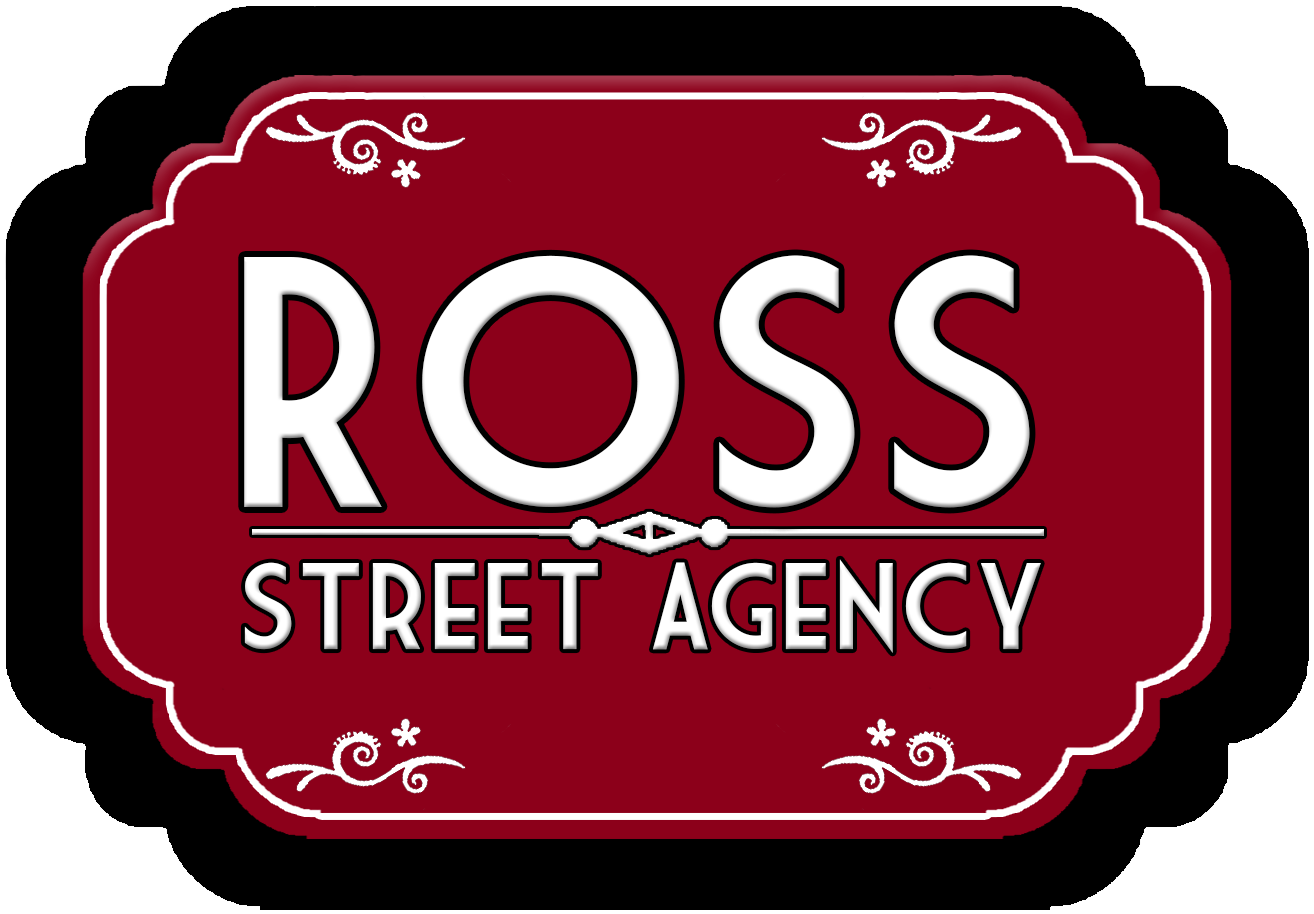Most entrepreneurs have worked at a job for someone else before they decided to start their own business. A typical workday involved completing tasks that your job required in a timely manner under the supervision of your employer. We spend years of our working life, usually doing what we do best – but for someone else. A mechanic is usually really good at fixing cars, a hairdresser is typically gives great hair cuts, and an administrator keeps the company in line by taking care of the necessary paperwork. By habit and usually necessity, we spend years working ‘in’ our business. That all changes when we become entrepreneurs.
Running a small business requires a shift in mindset. Along with the actual task of completing the service that you offer, as a small business owner you also have to work ‘on’ your business.
I am sure we have all heard the statistics that claim the majority of small businesses fail within the first three years. Part of that reason is because entrepreneurs decide to open a business in the area that they are extremely talented in, but they fail to understand there are many other pieces to the pie. Running a successful garage takes more than just being a great mechanic. You have to handle the bookkeeping, the marketing, the customer service, hiring and inventory. In order to grow, you need to spend time on business development and training. Technology changes require you to upgrade tools, equipment and software. Depending on your area of expertise, a certain amount of time has to be spent on social media and keeping your business relevant and accessible to customers on-line. Essentially, you end up wearing about nine different hats.
The simple fact is as a small business owner, you have to work both ‘in’ your business and ‘on’ your business. Working ‘on’ your business requires you to think a little differently. It means taking a step back and evaluating if your advertising is working for you, and if not then trying a new type of advertising. It also means experimenting with different ways to grow your business, such as on-line or asking previous customers for referrals. It involves taking the time to sit down and go over your numbers on both the revenue and expense side of your spreadsheet so you know exactly what your costs are and how much revenue you need. Going to new, uncharted networking events also counts as working ‘on’ your business as you may meet someone who hasn’t heard of your business or service. Reading about new trends or technologies that others are using in your industry also counts as working ‘on’ your business.
If you have spent time working ‘on’ your business you will know your numbers and the value of your time. By knowing what your time is worth, you can assess that usually it is cheaper to hire someone to handle tasks that you aren’t skilled at while you are out recruiting new business or doing what you do best. Successful small businesses owners lead, and surround themselves with talented people so they are free to do what they do best.
Lisa Jibson, CAO
Ross Street Agency


Recent Comments